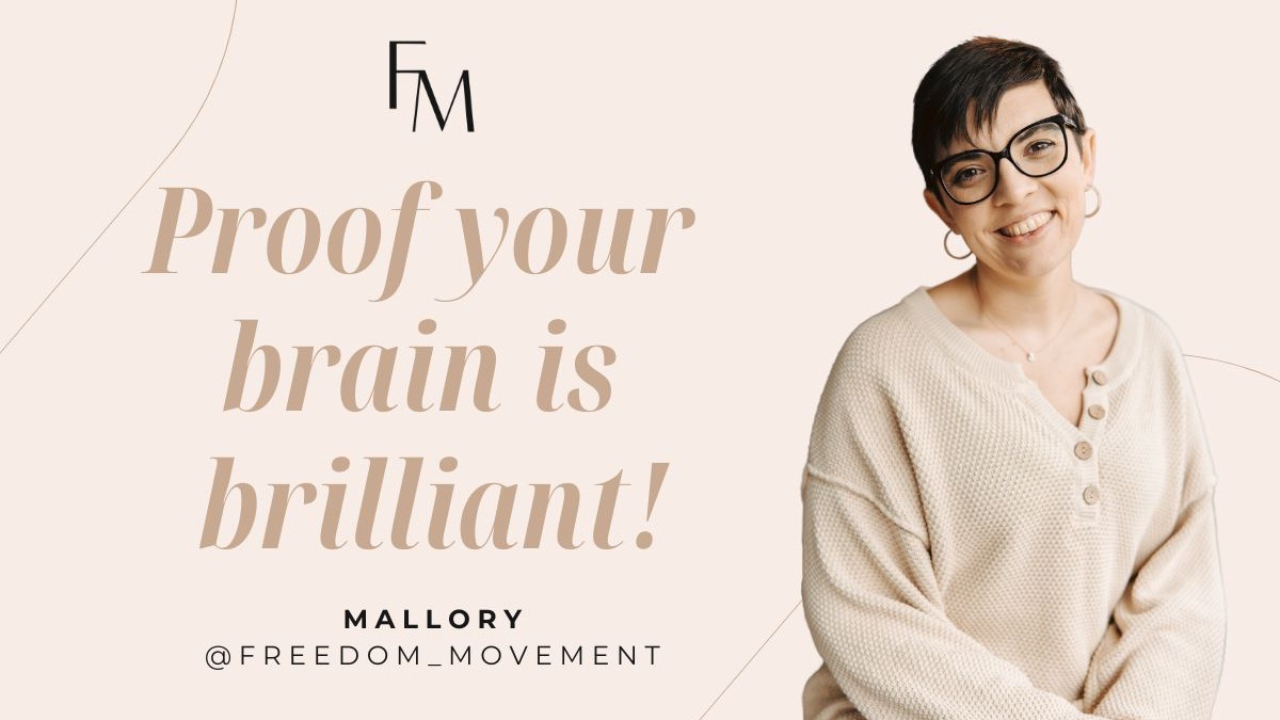
This is proof that your brain is brilliant
Your brain is brilliant and wired to keep you safe, not happy. Your nervous system’s default is to avoid pain, even when facing it with compassion and honesty.
We have a protective part of our brain that activates when we feel distressed by difficult emotions.
This happens completely under the radar, without much conscious effort. I like to refer to this protective part as the emotional detective--the detective works hard to figure out and solve my emotions, putting them into categories and cross-referencing different traumas that might be involved or connected.
I usually don’t notice until much later that instead of honoring and feeling the emotions that are causing me distress, I take time to understand them and figure out their origin, packaging them up and labeling them in a bin marked “later/never.” The work of the detective, solving and organizing my difficult emotions, can feel like cleaning out the clutter from my house and organizing it all into storage in my garage. I still own the clutter, and it still takes up just as much space because I haven’t appropriately allowed myself to let it move through me and release its grip. For the short term, the emotion does become slightly less distressing because I can understand it better, and I feel a false sense of control over it.
Whenever I do this, I FEEL like I’ve done something good. I trace the emotion back to an unmet need from childhood or a moment I felt powerless. I uncover the “why” behind my reaction—and then…I stop. I close the box, tuck the emotion away, and move on. Mystery solved.
But the truth?
This isn't emotional literacy; it's a trauma response masquerading as intelligence and control.
Control feels safer than vulnerability. This protective part, initially designed to keep me safe when I didn’t have the capacity to feel and soothe these big emotions on my own, is no longer serving me–it’s keeping me stuck. And despite the detective’s best intentions, I still feel the weight of all of the unfelt emotions that I’ve solved and shoved away.
What other options do we have?
Feelings aren’t meant to be solved; they are meant to be felt, soothed, and seen.
When a big feeling rises, I try asking:
• What does this part of me need right now?
• How can I offer it comfort instead of analysis?
• What would it look like to tend to this feeling instead of dissecting it?
Sometimes the answer is rest. Sometimes it’s tears. Sometimes it’s letting someone else witness it with me or inviting God into my pain. And sometimes, it’s art or movement or some other form of creative expression. Emotional literacy isn’t about understanding my emotions like a textbook, it’s about responding to them with compassion and making space for expression. When we soothe what hurts instead of solving it, we become safer places for our own hearts to land.
Whenever you notice your emotional detective taking over and boxing things up, I invite you to pause with me--to bless what’s happening and have compassion for why this quick cleanup has felt safer for you than feeling. Notice the urge to analyze, and instead, ask how you might nurture or find connection. You don’t need to explain your feelings, you get to feel them.
You are worthy of care—not just clarity.
May we learn to pause and honor our fear, our anger, and our insecurities.
And may they draw us even closer in connection to God.
Mallory Albrecht
Freedom Coach

